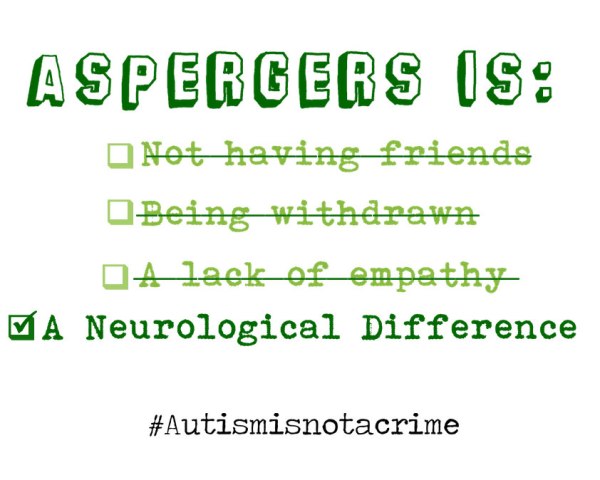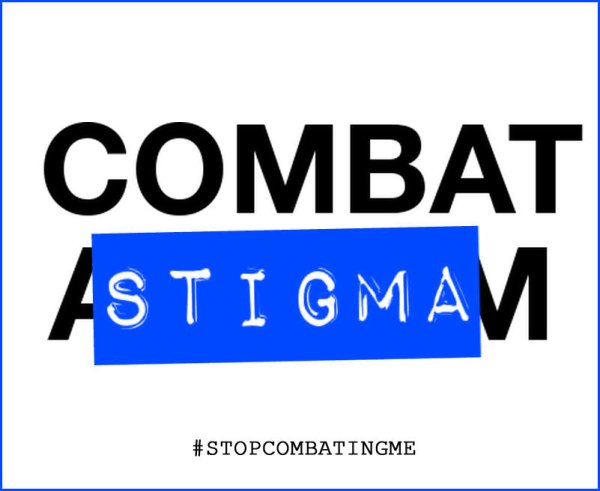Behavior is communication.
This has become a catchphrase in the autism community. And for good reason. It’s certainly true.
A child runs from a store and experts assure the frustrated parent that behavior is communication.
A parent asks for advice about why their recently diagnosed child bursts into tears at bathtime and experienced parents nod in sympathy. “Behavior is communication,” they say.
A child refuses to eat anything but raw carrots and pancakes and the child’s occupational therapist isn’t the least bit surprised. Behavior is communication.
A child flaps at a wind-up toy that’s stopped moving and the experts . . . somberly intone that the child doesn’t know how to communicate . . . that he isn’t aware of the adults around him and is “trapped in his own world”, unable to share his joy with others.
An adult walks away from an autism researcher who is treating him as less than competent, preferring instead to tend his garden, and . . . cue the tragic music as the researcher looks on gravely and the viewer is made to believe that the autistic adult simply doesn’t know how to have a proper conversation.
What’s going on here?
Why is certain behavior treated as communication and other behavior treated as a failure to communicate, often in the same person?
Somehow a phrase that started out as a positive step toward understanding autistic behavior in the absence of language has become associated primarily with meltdowns, self-injurious stimming, eloping and other obvious signs of distress.
Why is that? Do autistic people only communicate distress through their behavior?
In case the answer to that question isn’t obvious: No, we communicate a whole range of emotions and messages. But much of it seems to get lost in translation.
That toddler flapping at the wind-up toy? It looks to me like he’s saying, “that was fun, do it again!” It’s not his fault that the so-called experts in the room don’t speak autistic as a second language.
Going Beyond the Obvious
Meltdowns. Elopement. Biting. Hitting. Crying. Refusing to eat certain foods. These are not the only autistic behaviors that are communication.
Stimming is communication. It’s not enough to simply assume, “this person is stimming so they must be stressed or anxious.” Sometimes stimming is about anxiety or sensory overload. But it’s about so much more than that, too.
My stims are a language unto themselves. I have a stim for every mood, and while the physical movements may sometimes be similar, the feelings that go with them are distinctly different. My happy flapping is different from my grossed out flapping. My excited bouncing is different from my nervous bouncing. The autistic body is constantly communicating and it’s saying so much more than “I’m in distress.”
“Lack of communication” is communication. Autistic attempts to interact with others are often overlooked because they are atypical.
Did you know that an autistic person may express interest in something by studying it for a long time rather than directly engaging at first? Many of us like to understand how all the parts of an object work or how a person responds in different situations before we feel comfortable interacting. And persistent questioning, monologuing, or echolalia–often dismissed as unidirectional communication–are all signs that an autistic individual is seeking to connect.
Eye contact (or lack thereof) is communication. But it’s not the kind of communication that most people assume. If I’m staring off to the side while you’re talking to me, that’s a sign I’m intensely concentrating on what you’re saying. And if I’m making intentional intermittent eye contact? I’m more focused on “passing” to avoid looking odd than I am on listening to what you’re saying.

And that’s just one simple example of how using a neurotypical “dictionary” to interpret autistic behavior and body language can lead to chronic miscommunication. Understanding that behavior is communication is a good first step. But it’s not enough to look at autistic behavior and guess, based on neurotypical experience, reasoning and cultural norms, what that behavior means or doesn’t mean.
Only through accurate translation of autistic behavior can real communication occur.
For that to happen, autistic individuals–including autistic children–need to be allowed to communicate a broad range of messages in the ways that are natural for them. Forcing a child to make eye contact or to stop flapping is the equivalent of forcing them to speak a foreign language. It’s telling them that if they want to use behavior to communicate more than distress, they’ll have to speak another language because theirs is substandard and the people around them can’t be bothered to learn it.
“Behavior is communication” has to apply to more than just a small subset of behaviors or it’s no better than “quiet hands” masquerading as acceptance.
This post is part of the 2014 Autism Positivity Flash Blog happening today

















